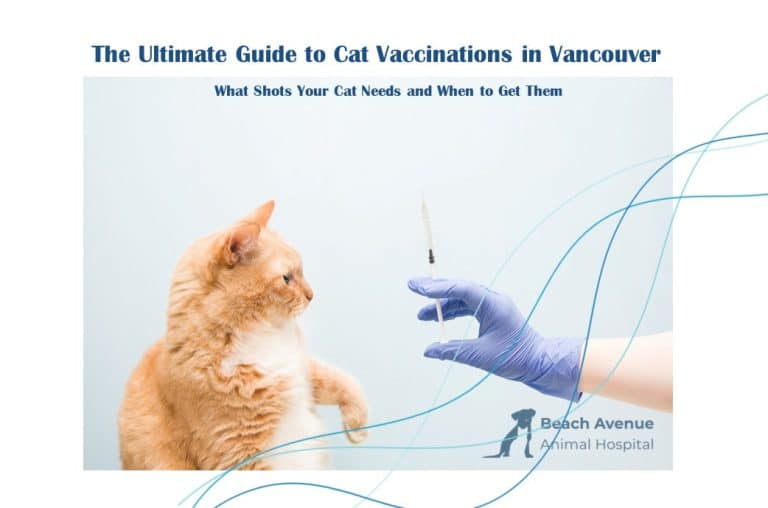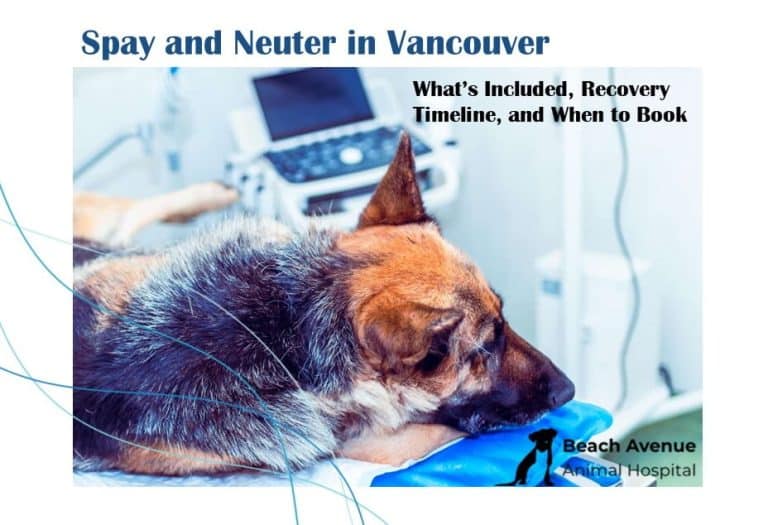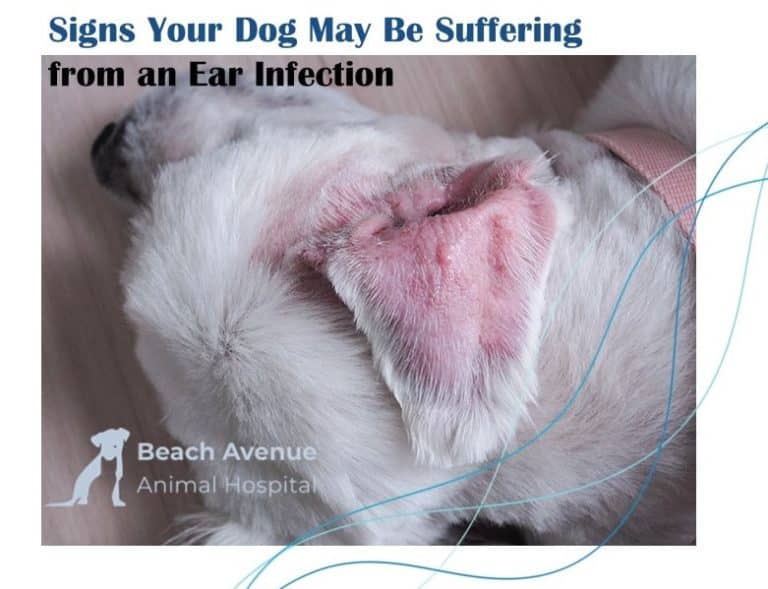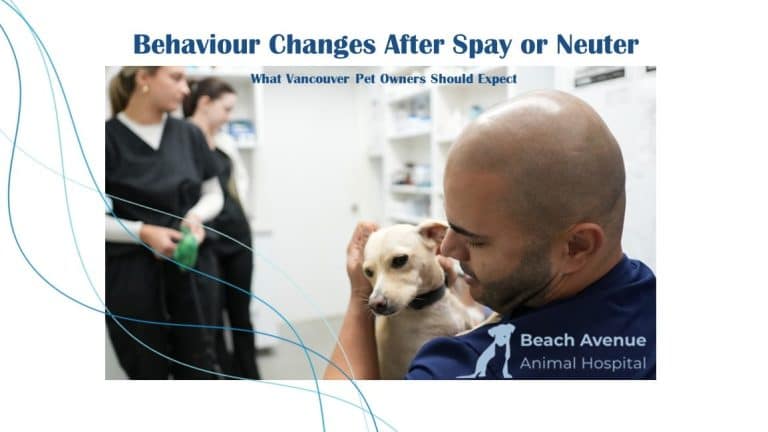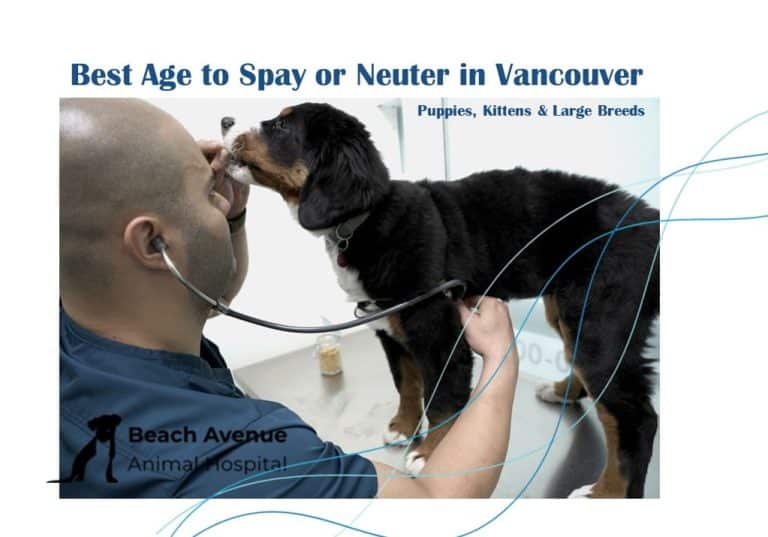If you live in or around Vancouver, BC, you have probably heard about the highly contagious new Parvovirus outbreak. It is always scary to hear about a contagious, fatal disease being passed around. At Beach Avenue Animal Hospital we always aim to keep our clients informed about what is going on. So here are the facts about the new Parvovirus
- Parvovirus is ALWAYS highly contagious. So don’t be scared with talk of a ‘new highly contagious parvo’ because it hasn’t changed. This is why the main vaccine designed for dogs protects against this virus.
- Parvo can be spread in a variety of ways; sniffing, licking or consuming feces, it can be indirectly spread through shoes, hands, and shared water/food bowls.
- The only CORE (aka mandatory) vaccine for dogs is DAPPV. This stands for: Distemper, Hepatitis, Parainfluenza and Parvovirus. This means that if you keep up with your dogs vaccinations then they are protected.
- There are other vaccines offered to you and your pet such as Lyme, Lepto and rabies. These are not CORE but they are normally required if you wish to attend puppy classes or go to the groomers.
Here is what your DAPPV vaccine schedule should look like:
- 1st puppy vaccine (8 weeks old)
- 2nd puppy vaccine (12 weeks old)
- 3rd puppy vaccine (16 weeks old)
- 1st adult (1 year after 3rd puppy vaccine)
- After you have completed the above vaccine program, you can then administer the DAPPV vaccine EVERY 3 years. This means even if your dog had the vaccine TWO years ago, they are protected.
If you are unsure when your pet last had their DAPPV vaccine, reach out to your veterinarian clinic and they can let you know. If you need to update your dogs vaccines, give us a call!





